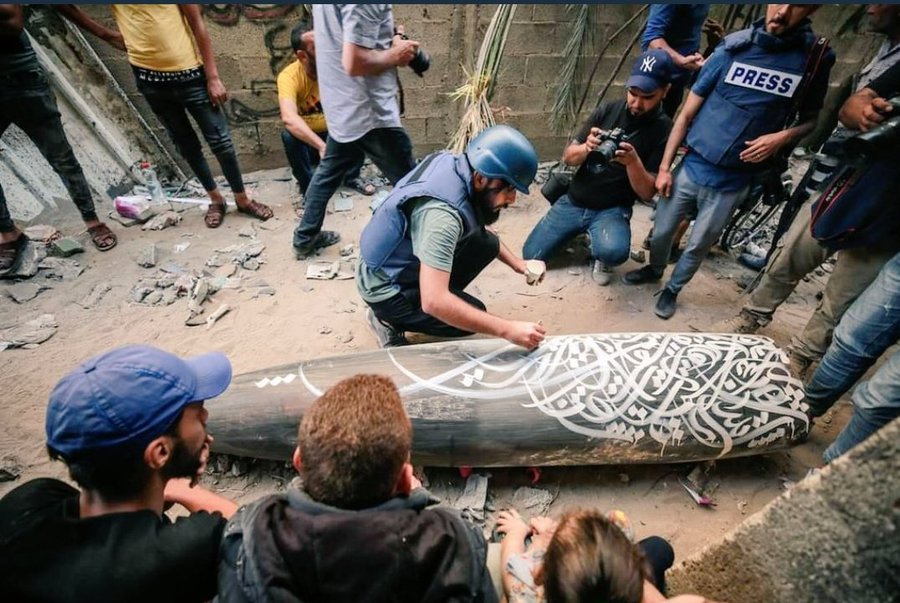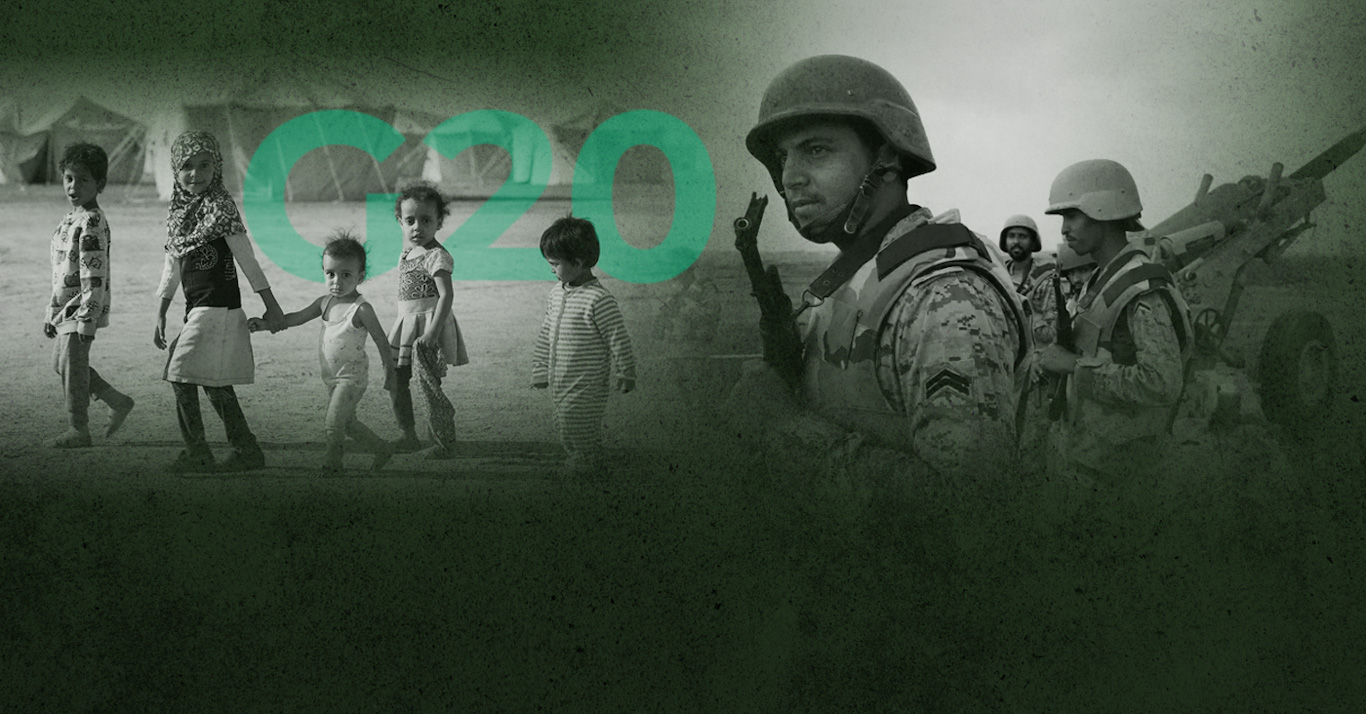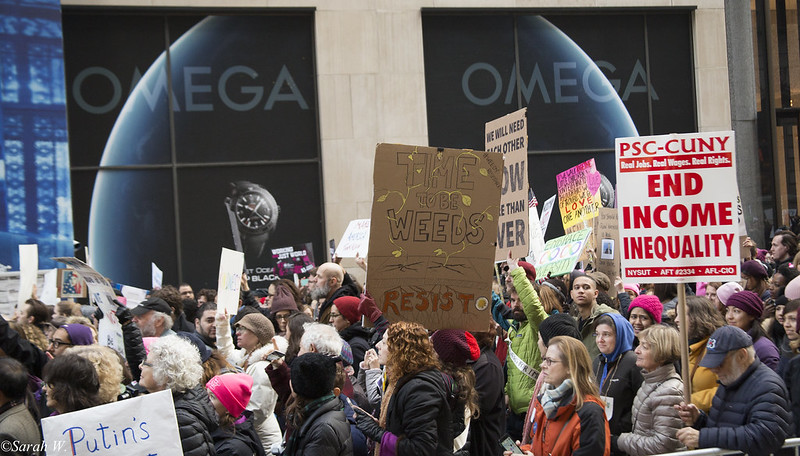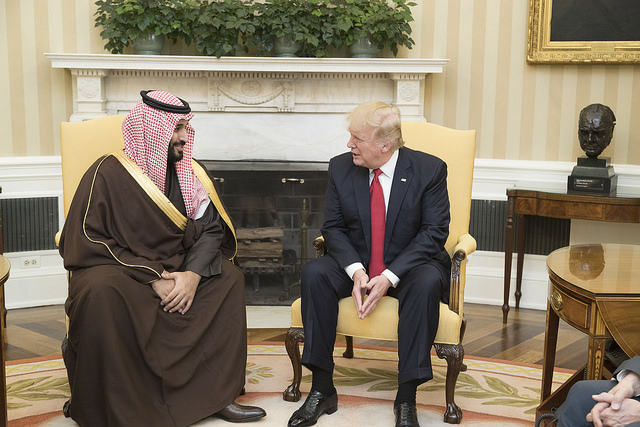The Israeli leader is emboldened by a hard-right coalition and frustrated with calls for humanitarian pause in Gaza
By Paul Rogers. Published 10-30-2023 by openDemocracy
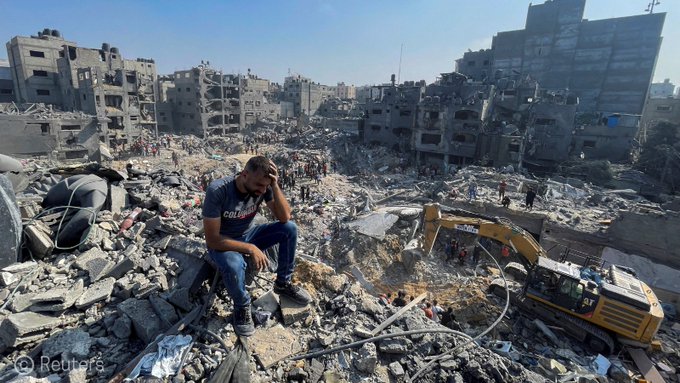
Within a week of the 7 October atrocities, numerous Israeli Defence Force (IDF) units had converged on southern Israel close to Gaza. A major ground offensive was expected to start within days but the actual deployments into Gaza have not so far been substantial.
Possible factors in the delays included US president Joe Biden’s unexpected visit to Israel, negotiations with Hamas on hostage releases, and an announcement from the Pentagon that additional US air defence systems will be sent to the region. These are not specifically for Israel’s use but are primarily to offer additional protection to US personnel in bases in Iraq, Syria, Qatar, Bahrain, Saudi Arabia and elsewhere. Drone and rocket attacks against some US bases have increased in the past two weeks, especially in Iraq, and many more are expected when the IDF starts a ground assault.
Continue reading

